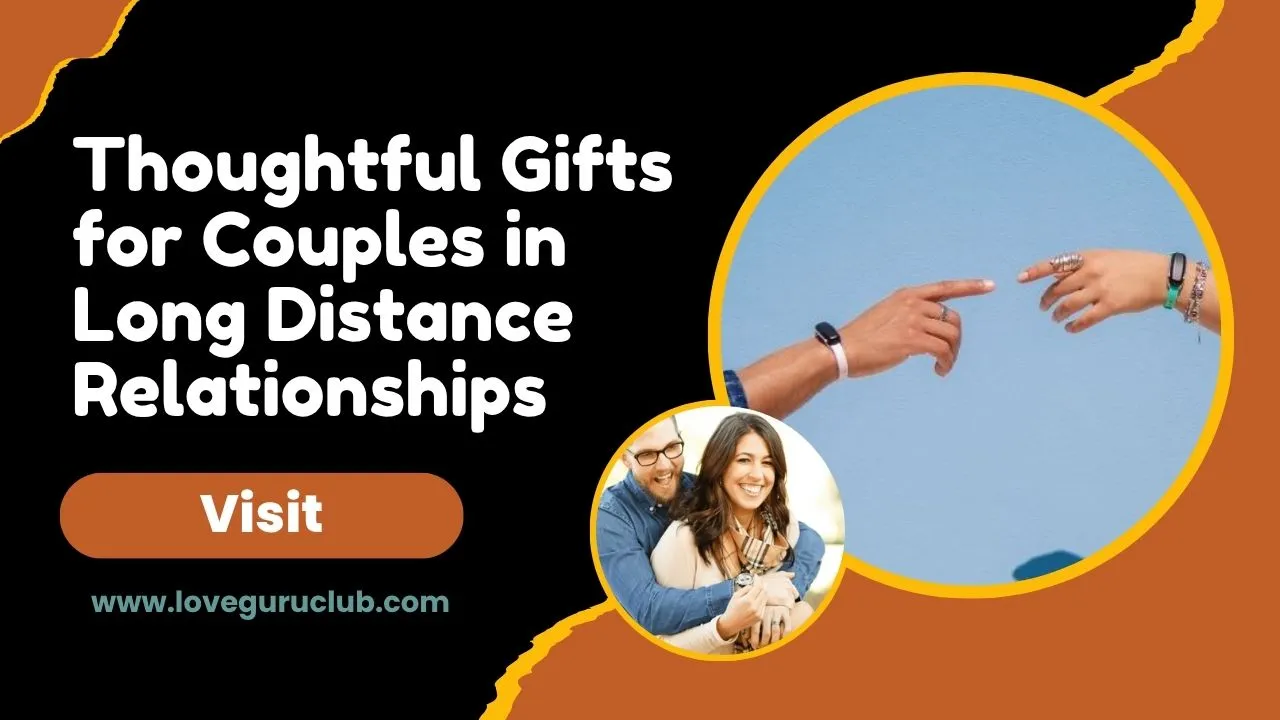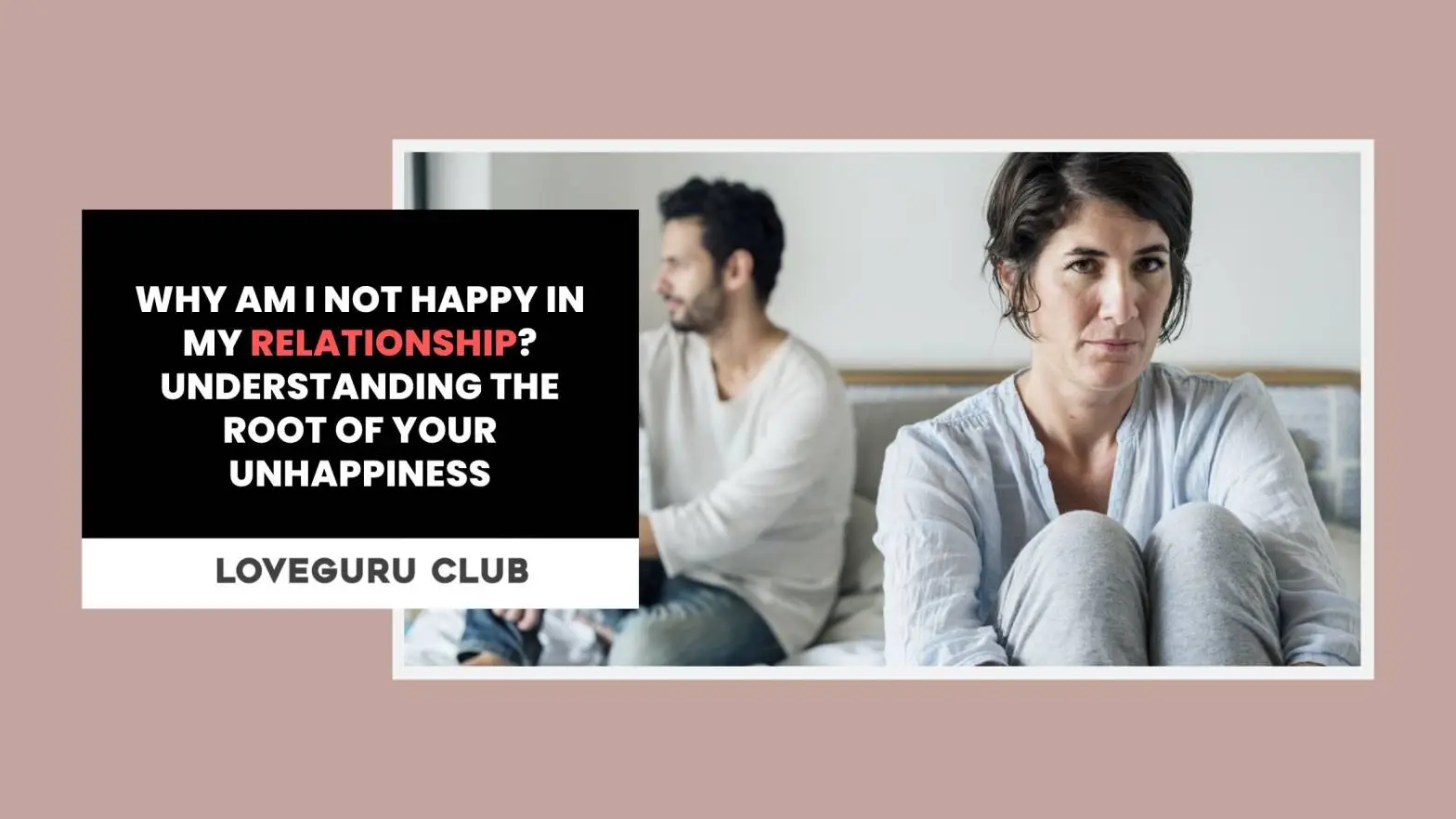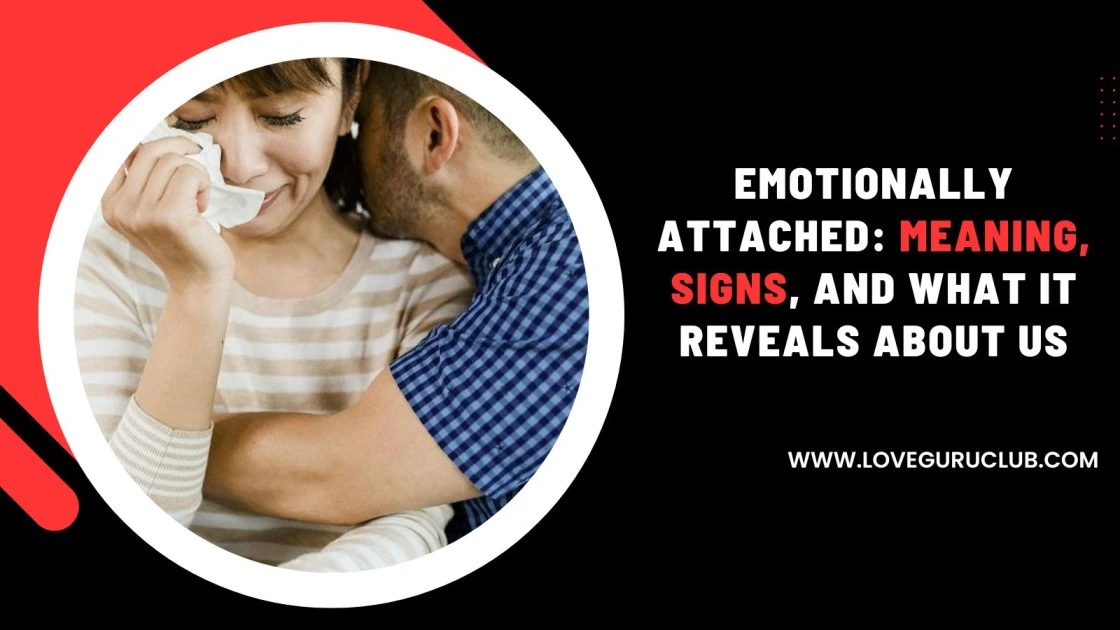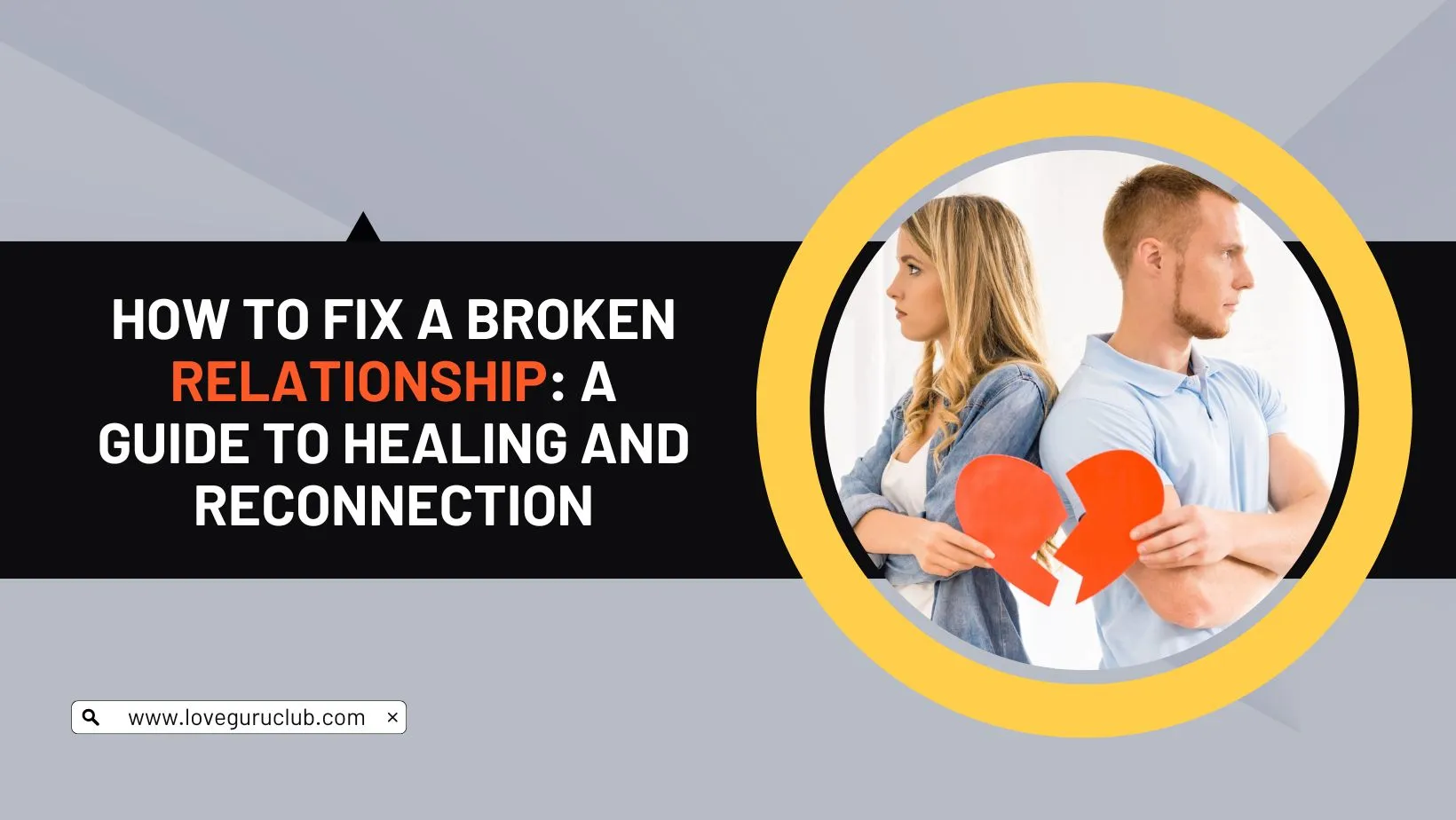Happiness
Episode 61: Who Would You Be Without Them?
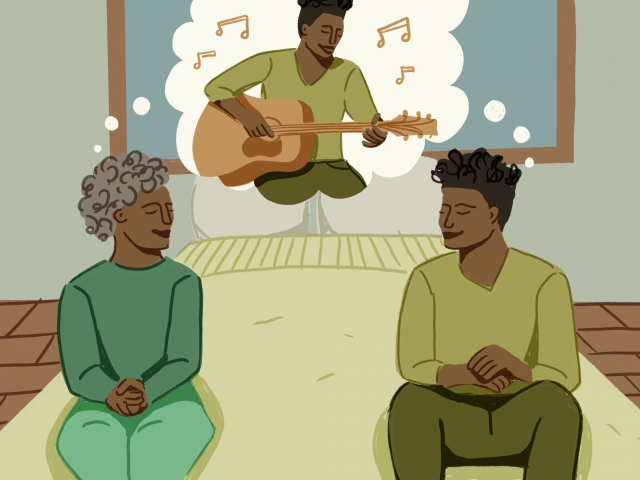
JUSTIN MICHAEL WILLAMS Several years ago, my grandmother, who I was very close to, got diagnosed with Stage 4 cancer, and the doctors told her she only had a few months to live. And when this happened, I flew home from L.A. to the Bay Area to Pittsburgh, California, where I’m from. And I walked into the room. And as soon as I walked in the door, she pulled me into her room, shut the door. And she said, “I’ve been wanting to talk to you about something for a long time. But now that I know, I don’t have a lot of time left, I’m going to ask you now.”
And I’m looking at her like, what, what are you even talking about? And she said, “Just get quiet and listen. If you were in my shoes and you knew you were going to die in two months, what would you do?” And I’m looking at her like, “What? What are you talking about? You’re the, the one that…” And she said, “Just get quiet and listen. If you were in my shoes and you knew you were going to die in two months, what would you do?” And I closed my eyes and I felt this well of emotions just come up inside of me and I said, “I would stop every single thing that I’m doing and I would record an album. I would do music. And she said, “I know. Baby, I know.” She just looked at me and she said, “Promise me you’ll do it. Just promise me you will do it.”
JUSTIN MICHAEL WILLIAMS Little boy don’t cry. You’ve been in pain enough. One day I’ll look into your eyes. Show you you don’t need hide behind the sky. Spread your wings, you’re terrified, don’t be afraid to fly, I’m by your side.
DACHER KELTNER Justin Michael Williams debuted his first album, Metamorphosis, not too long after that conversation with his grandmother.
Justin is also an author, and a leader in the new wave of mindfulness. His new book, “Stay Woke: A Meditation Guide for the Rest of Us,” was just released last month. This book is a guide for people of all genders, identities, colors and economic backgrounds to use mindfulness to better their lives. I’ve read it, and it’s remarkable.
Today, we invited Justin to join us on The Science of Happiness to try a practice that’s aimed to make us feel more connected, and more grateful toward the people who matter most. Justin, thanks for being our guest today.
JUSTIN MICHAEL WILLAMS Dacher, it’s an honor. Thank you so much for having me.
DK: Just I’d like to start by hearing a little bit more about where you were in your life leading up to that moment with your grandmother, when she found out she had stage four cancer and a couple months to live, and kind of insisted you to follow your dreams. What was going on at that time?
JUSTIN MICHAEL WILLAMS I grew up with a lot of love around me. But with a lot of trauma. I know a lot of people have.
DACHER KELTNER What kind of trauma?
JUSTIN MICHAEL WILLAMS You know, gunshot holes outside of the house that I grew up in, and domestic violence and addiction. And my parents, I know, did the absolute best they could. And they gave us so much love. But my childhood was just a mix of this trauma meets like, we’re trying to overcome. And you know, so I think what happens when you grew up with that kind of environment is you find some way to adapt.
DACHER KELTNER Yeah.
JUSTIN MICHAEL WILLAMS And some people adapt with drugs or with gangs or with violence. And I just feel lucky and grateful that my adaptation was going to just, “I’m going to just be really smart and get out of here.” You know, that was like my big dream was like my big dream, like, “Let me let me get out,” And especially I grew up getting teased and bullied a lot in school because of my sexuality, which I didn’t even—I wasn’t even out back then. But like …
DACHER KELTNER “What are you teasing me about?”
JMW Yeah. People like, “Why do you walk like that? Why do you talk like that way?” That’s right. You know. And so I just wanted to, to leave. And I’m really grateful to say that I was able to do that. I ended up getting a full ride academic scholarship to go to UCLA. And when I left to go to UCLA, I had originally gone and thought I wanted to do musical theater because I always wanted to do music ever since I was a little kid. But I was going, and I had the scholarship, and everybody around me and everybody in my family and all my friends and everybody’s telling me, “Don’t you dare go and do music. You need to make money and get out. So you can’t do that. Like you can do music on the side. You can do that for fun.” And so I gave it up completely. And I went and I was a communication studies major. I did marketing. And then I started a marketing company, actually, when I was 20 years old, when I was in school, and ended up having five employees, making six figures by the time I was 23. I’m doing the whole thing, you know, looking really successful in L.A.
But on the inside, I didn’t feel any different.
Yeah.
And all the trauma started just coming up to the surface now,
DACHER KELTNER Like waves, yeah.
JUSTIN MICHAEL WILLAMS Like it just manifesting in my life and in these crazy ways. And it was a really interesting thing to try to deal with.
DACHER KELTNER I want to turn to the happiness practice you chose, Mental Subtraction of Relationships. The idea in this practice is something that I think hits people really poignantly, which is just to imagine your life if someone you love wasn’t in it. What would life look like? Where would you live? This practice derives from a study by Sara Algoe, who’s now a professor at the University of North Carolina at Chapel Hill, and Dan Gilbert over at Harvard.
And what they found that thinking about your life without that loved one makes people feel more grateful for that individual and they experience more happiness in general.
Can you walk us through how you did this Mental Subtraction of Relationships practice?
JUSTIN MICHAEL WILLAMS It basically took about 15 minutes, 15, 20 minutes. And you sit down and take a second to just think about an important relationship in your life. So, any relationship, like a friendship or romantic partnership. And then think about how you met the person, and then imagine how it could be possible that you could have never met them. So what would it be like if you’ve never met this person? And then, and then go deeper and think about all of the possible events and decisions, large ones and small things that could have gone differently or prevented you from even meeting this person in the first place. And then the big part is: imagining what your life would be like now if you had never met them and bringing up some of the joys and the benefits that you have in your life because of them and imagining not having them. And it’s so deep.
DACHER KELTNER Yeah, it’s profound. Yeah.
JUSTIN MICHAEL WILLAMS And the flip at the end is to then shift your focus to go, “Oh, but I did meet this person.” And how grateful you feel, like, “Wow, how amazing this is that this one little decision like led to my life being this incredible.” Yeah. And so it’s powerful.
DACHER KELTNER So you did this practice thinking about your grandmother, your Baca. What would life have looked like without her? Especially without the guidance she provided near the end of her life when she really urged you to become a musician.
JUSTIN MICHAEL WILLAMS So when I think about that experience with my grandmother, I could see a life where my trauma was controlling me. And I was continuing to create a life based on my desire to leave that trauma because it was living inside of me internally, even though I wasn’t in it physically anymore.
DACHER KELTNER Right.
JUSTIN MICHAEL WILLAMS And I can see myself never having gone after my passions, and never bringing the dream that I have of music to life, and what that really means is, you know, ending up–– there was this quote that I that I read once said like “The definition of hell is on your last day on Earth, the person you could have been meeting, the person you’ve become.”
I’m just closing my eyes and trying to imagine, like, what my day might be like. I see myself running this rat race, just trying so hard to fill this void that is unable to be filled by this constant desire for success in the wrong direction. I see myself having failed relationships over and over and being stuck in that toxic cycle of letting my trauma run my relationships and, you know, growing up in a home with domestic abuse for me, for some men, I think it makes them abusive. But for me, it’s made me really timid and passive because I don’t like to be angry, you know. And I see myself working in a job that was was totally out of alignment with my purpose. I would really probably still be doing some sort of marketing work.
DACHER KELTNER Making a ton of money.
JUSTIN MICHAEL WILLAMS Yeah. And feeling so empty with it all. With all the things. You know, feeling…feeling very empty.
So when my grandma asked me this question, that was when music woke up again. It was off for five, seven, six years. No singing at all. And then it woke up.
JUSTIN MICHAEL WILLAMS I wish you were here with me. I know you’re in the air I breathe. I wish you were here to see everything I made of me…
DACHER KELTNER When I started doing music again, I had resentment that I had given up on it and not started sooner because I thought, “Wow, where would I be right now if I started sooner?” And then, when this all happened, it was because of my marketing experience that I was able to get the album to do as well as it did.
Yeah.
JUSTIN MICHAEL WILLAMS And so it just so true that everything in our life leads to the next thing. And the real truth is, is people always ask me when they’re like, “You’re a musician, why are you why are you writing a meditation book? Like, what does meditation have to do with any of this?” And I always tell them it’s because I would not have ever had the internal ability to have stepped into this purpose, to step into this life, to get over the things that were holding me back, if it was not for this practice, so now I share it with everybody I know.
What I want to show people is that meditation is not just about relaxing and being Zen. Meditation is about awareness.
DACHER KELTNER You know, there’s not a lot of evidence on this, and it’s really regrettable. Which is mindfulness and meditation and all these happiness practices get you to what you’re really supposed to do.
JUSTIN MICHAEL WILLAMS Yeah.
DACHER KELTNER Right. And shed the illusions of what you think might matter. So really interesting.
JUSTIN MICHAEL WILLAMS Because you’re going internal and you’re spending that time, you’re not able to ignore what’s, what’s inside. Yeah. Because you’re actually going inside, where, we, most of us spend so much of our lives outside. Yeah. You know, and so you just are hearing it more and louder and you’re just like, “Oh, god, OK. This is something really important to me.”
DACHER KELTNER One of the really striking things about the practice is that when we imagine somebody not being in our life and then it shifts and trajectories in our own lives, we are often filled with gratitude. And so I think about certain people in my life, my wife and, you know, how deeply intertwined, how sitting right here is with meeting her randomly, thirty years ago. What kind of feelings trigger for you when you just did this practice?
JUSTIN MICHAEL WILLAMS I felt filled and flooded with joy. I just felt so grateful. When my grandmother asked me this question, “If you were in my shoes and you knew you were going to die in two months, what would you do?”
DACHER KELTNER Yeah.
JUSTIN MICHAEL WILLAMS I got this visual of sometime later in my life, I would have climbed all the way up to the top of this marketing mountain. Right? And I know I would’ve got to the top of it. Yeah. And I would look across somewhere later my life and say, “Oh, my gosh, I’m on the top of the wrong mountain.”
DACHER KELTNER Wow. Looking back at your relationship with your grandmother, what lessons did she teach that you’re most grateful for today?
JUSTIN MICHAEL WILLAMS She would have never said it this way, but this concept of your thoughts and who you’re being creating your realit. And who you are being and the energy you’re putting out into the world on this quanta, you know, level is coming back and creating the reality around you. Now, my grandma would explain that, you know, as, “You got to be a good person. And the way that you’re being matters more than what you do.” You know, and one of the other things that she always taught me that that I’m grateful it was a lesson from the start, as she would always say, “Please remember that money is not your God, love is your God.” You know, and just these different teachings that she would give to me as a kid that I grew up in, heard in different language, you know, made such a huge impact.
DACHER KELTNER Justin, Michael Williams, thank you so much for being on our show. It is always a delight beyond delight to be in conversation with you.
JUSTIN MICHAEL WILLAMSThank you, Dacher.
DACHER KELTNER Justin Michael Williams is now on a nationwide tour of inner-city high schools to share his story, and some new music, and fundraise to provide them with access to books, audio and events about mindfulness. You can learn more at staywokegiveback.org
DACHER KELTNER: Up next, how the mental subtraction practice can makes us more grateful, and why that matters for our relationships.
DACHER KELTNER: There’s this irony in the science that we really hold on to the bad things, remember them more, see them more readily. And then we often forget to count our blessings for the good. Amie Gordon is an assistant professor of psychology at the University of Michigan. She says counting our blessings is an antidote to this irony of the human mind.
AMIE GORDON A lot of, sort of our basic instinct is to be threat vigilant, to focus on what’s wrong. And when we practice gratitude or are more grateful, I think it can shift our focus to see what’s good in our lives and that by itself should make us feel better.
DACHER KELTNER: Amie’s team conducted a study where she had couples do the Mental Subtraction of Relationships practice. She said it helped their brains kind of reset.
AMIE GORDON Like a mental reset to say, “OK, I’ve gotten used to all these good things and I don’t see them as much anymore because they’re there all the time and I kind of take them for granted.” But if I can have a moment of imagining my life without that and having to reset, it can help me have a little bit of a start over and say, “Oh, yes, that’s right.”
DACHER KELTNER In a series of studies, Amie and her team found that romantic couples who did the Mental Subtraction of Relationships practice were more likely to be together up to nine months after the study ended…When we recognize the value of the people in our lives, we want to make more of an effort to keep them around, and happy. And this doesn’t just work only with people. That’s also the case for our careers, and our health.
AMIE GORDON Let’s say we’ve been sick, you know, that’s a way to sort of mentally subtract our health right after, you know, not being able to breathe through my nose when I get a cold. I’m so grateful for a few days to have to just be able to breathe freely again. Right? And then eventually we adapt and habituate again, unfortunately. But it’s that idea, that moment when we feel the value in something, we want to do more to hold onto it. So in that moment, I might work harder to stay healthy, because I’m really valuing what it’s like when I feel good and I’m not sick.
We are so built to adapt to the good things in our life that even, you know, when we really try, it can be difficult to overcome that adaptation. And so I think that after years of exploring, you know, thinking about gratitude in relationships and more broadly, my few takeaways would be, one, to know that we’re not going to be grateful all the time, that it’s hard to be grateful all the time, we’re built not to notice and always appreciate the good things in our lives. But that, two, it’s also really beneficial and important to feel seen and heard and understood and appreciated. So giving that to people in your life is really valuable.
DACHER KELTNER If you’d like to try doing the Mental Subtraction of Relationships practice, visit our Greater Good in Action website at ggia.berkeley.edu. Tell us how it went by emailing us at greater@berkeley.edu or using the hashtag #HappinessPod.
I’m Dacher Keltner, thanks for joining us on The Science of Happiness.
Our podcast is a co-production of UC Berkeley’s Greater Good Science Center and PRX. Our senior producer is Shuka Kalantari. Production assistance is from Jennie Cataldo and Ben Manilla of BMP Audio. Our associate producers are Brett Simpson and Ariella Markowitz. Our executive producer is Jane Park. Our editor-in-chief is Jason Marsh. Our science director is Emiliana Simon-Thomas. Special thanks to UC Berkeley’s Graduate School of Journalism.

